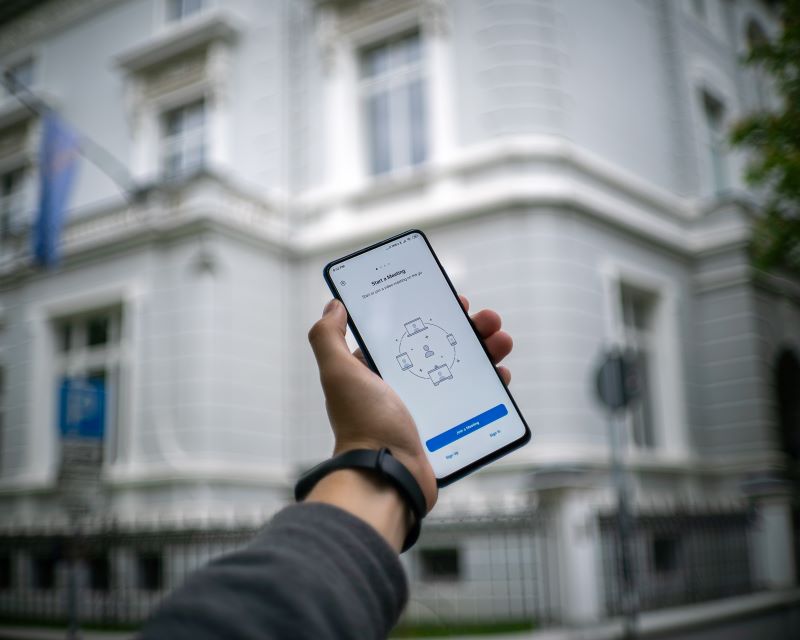Under her leadership, Emma Flores has helped to create a safer, more prosperous environment for Guatemalan citizens.
When Emma Flores assumed her role as the Head Prosecutor in Guatemala’s newly established Office against Extortions, she faced an uphill battle. Guatemala has long suffered from the effects of pervasive blackmail, shakedowns, and other forms of financial coercion. Some businesses even have their own call centers to deal with extortion charges. One study alone estimated that nearly 64,000 Guatemalans were victims of extortion over a ten-year period.
“Extortion fuels many gangs and causes widespread public anxiety,” says Flores, explaining that victims, under the threat of death, pay extortionists whatever they ask. Flores further noted that many young people join gangs because of a lack of identity, purpose, and status, which they think gangs will provide.
Flores faced numerous challenges in her work. Prior to the opening of the Office against Extortions, there were very few staff or resources designated to investigating or prosecuting extortions. Despite making arrests, they were merely reaching one level deep in a much larger criminal system. As a result, the resolution rate was very low, and victims were hesitant to report the crime.
Flores realized that to make an impact, she and her new office needed a different approach, one that addressed extortion at scale. By working with the USAID Security and Justice Sector Reform Project and its follow-on, the USAID Justice and Transparency Project, she began doing just that. Flores started analyzing and linking different cases to identify patterns—who, how, and where people were extorting.
From this analysis, she and her team developed specialized processes to investigate and prosecute extortion more effectively. For example, the Office against Extortions carried out the operation “Rescate del Sur,” capturing more than 70 people involved in a criminal structure for extortion and assassinations. However, as they began making larger-scale arrests, they found that most of those they prosecuted were victims themselves, people—mainly women and minors—who are forced to work for an extortion ring.
Instead of focusing on the low-level cases, Flores and her team shifted tactics to make arrests that included higher-level criminals. The new case management model has been so successful that it has weakened and displaced powerful gangs, and the Office against Extortions has expanded operations with ten regional offices.
Just this January, Guatemala conducted sentencing around one of the first mega-operations under Flores. A total of 145 gang members were convicted and received sentences between 12 to 117 years per person for the crimes of extortion, murder, conspiracy to murder, and illicit association, among others. It was the largest trial Guatemala has ever seen.
Yet this watershed moment was almost significantly delayed. Social distancing measures in response to COVID-19 made advancing extortion cases particularly difficult. At one point, all hearings were suspended. Despite the pandemic, however, a virtual hearing was carried out using video-conference equipment. This allowed witnesses to provide virtual statements without risking their safety while updated court practices guaranteed the rights of the accused.
The collective result of all these changes has been systemic. Previously, Guatemalan citizens rarely called in complaints about extortion because they felt that little changed when they did. Since people have witnessed the results from the large trial, the office handling extortion now receives 15-20 complaints per day.
In addition, through a holistic victim protection model, these callers can now file complaints directly with the specialized prosecutor´s office, where they have access to resources including social workers and psychologists, as well as protection via a police officer who analyzes the level of risk toward the victim and can take over correspondence with the extortionist.
Under her leadership, Flores has helped to create a safer, more prosperous environment for Guatemalan citizens. She and her 260 staff members have won almost 5,000 convictions for extortion to date. Flores and her team demonstrate how hard work, innovation, and determination can make a marked difference in seemingly intractable problems. Stay tuned as we continue to follow her ongoing progress.
Catherine Withrow and Jiny Moreno work with Checchi and Company Consulting, a wholly owned subsidiary of Dexis Consulting Group, that implements the USAID Justice and Transparency Project and its predecessor program, the USAID Security and Justice Sector Reform Project.





